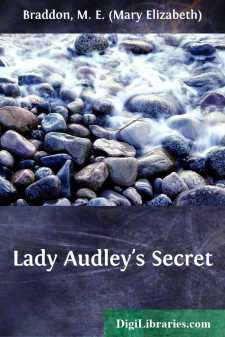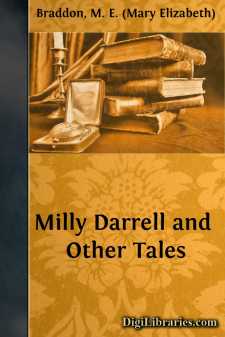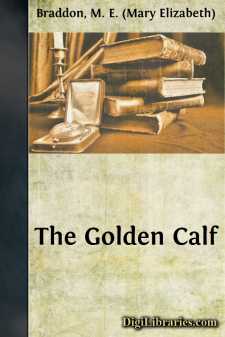Categories
- Antiques & Collectibles 13
- Architecture 36
- Art 48
- Bibles 22
- Biography & Autobiography 813
- Body, Mind & Spirit 142
- Business & Economics 28
- Children's Books 17
- Children's Fiction 14
- Computers 4
- Cooking 94
- Crafts & Hobbies 4
- Drama 346
- Education 46
- Family & Relationships 57
- Fiction 11829
- Games 19
- Gardening 17
- Health & Fitness 34
- History 1377
- House & Home 1
- Humor 147
- Juvenile Fiction 1873
- Juvenile Nonfiction 202
- Language Arts & Disciplines 88
- Law 16
- Literary Collections 686
- Literary Criticism 179
- Mathematics 13
- Medical 41
- Music 40
- Nature 179
- Non-Classifiable 1768
- Performing Arts 7
- Periodicals 1453
- Philosophy 64
- Photography 2
- Poetry 896
- Political Science 203
- Psychology 42
- Reference 154
- Religion 513
- Science 126
- Self-Help 84
- Social Science 81
- Sports & Recreation 34
- Study Aids 3
- Technology & Engineering 59
- Transportation 23
- Travel 463
- True Crime 29
Our website is made possible by displaying online advertisements to our visitors.
Please consider supporting us by disabling your ad blocker.
John Marchmont's Legacy, Volume III (of 3)
Description:
Excerpt
CHAPTER I.
CAPTAIN ARUNDEL'S REVENGE.
Edward Arundel went back to his lonely home with a settled purpose in his mind. He would leave Lincolnshire,—and immediately. He had no motive for remaining. It may be, indeed, that he had a strong motive for going away from the neighbourhood of Lawford Grange. There was a lurking danger in the close vicinage of that pleasant, old-fashioned country mansion, and the bright band of blue-eyed damsels who inhabited there.
"I will turn my back upon Lincolnshire for ever," Edward Arundel said to himself once more, upon his way homeward through the October twilight; "but before I go, the whole country shall know what I think of Paul Marchmont."
He clenched his fists and ground his teeth involuntarily as he thought this.
It was quite dark when he let himself in at the old-fashioned half-glass door that led into his humble sitting-room at Kemberling Retreat. He looked round the little chamber, which had been furnished forty years before by the proprietor of the cottage, and had served for one tenant after another, until it seemed as if the spindle-legged chairs and tables had grown attenuated and shadowy by much service. He looked at the simple room, lighted by a bright fire and a pair of wax-candles in antique silver candlesticks. The red firelight flickered and trembled upon the painted roses on the walls, on the obsolete engravings in clumsy frames of imitation-ebony and tarnished gilt. A silver tea-service and a Sèvres china cup and saucer, which Mrs. Arundel had sent to the cottage for her son's use, stood upon the small oval table: and a brown setter, a favourite of the young man's, lay upon the hearth-rug, with his chin upon his outstretched paws, blinking at the blaze.
As Mr. Arundel lingered in the doorway, looking at these things, an image rose before him, as vivid and distinct as any apparition of Professor Pepper's manufacture; and he thought of what that commonplace cottage-chamber might have been if his young wife had lived. He could fancy her bending over the low silver teapot,—the sprawling inartistic teapot, that stood upon quaint knobs like gouty feet, and had been long ago banished from the Dangerfield breakfast-table as utterly rococo and ridiculous. He conjured up the dear dead face, with faint blushes flickering amidst its lily pallor, and soft hazel eyes looking up at him through the misty steam of the tea-table, innocent and virginal as the eyes of that mythic nymph who was wont to appear to the old Roman king. How happy she would have been! How willing to give up fortune and station, and to have lived for ever and ever in that queer old cottage, ministering to him and loving him!
Presently the face changed. The hazel-brown hair was suddenly lit up with a glitter of barbaric gold; the hazel eyes grew blue and bright; and the cheeks blushed rosy red. The young man frowned at this new and brighter vision; but he contemplated it gravely for some moments, and then breathed a long sigh, which was somehow or other expressive of relief....












